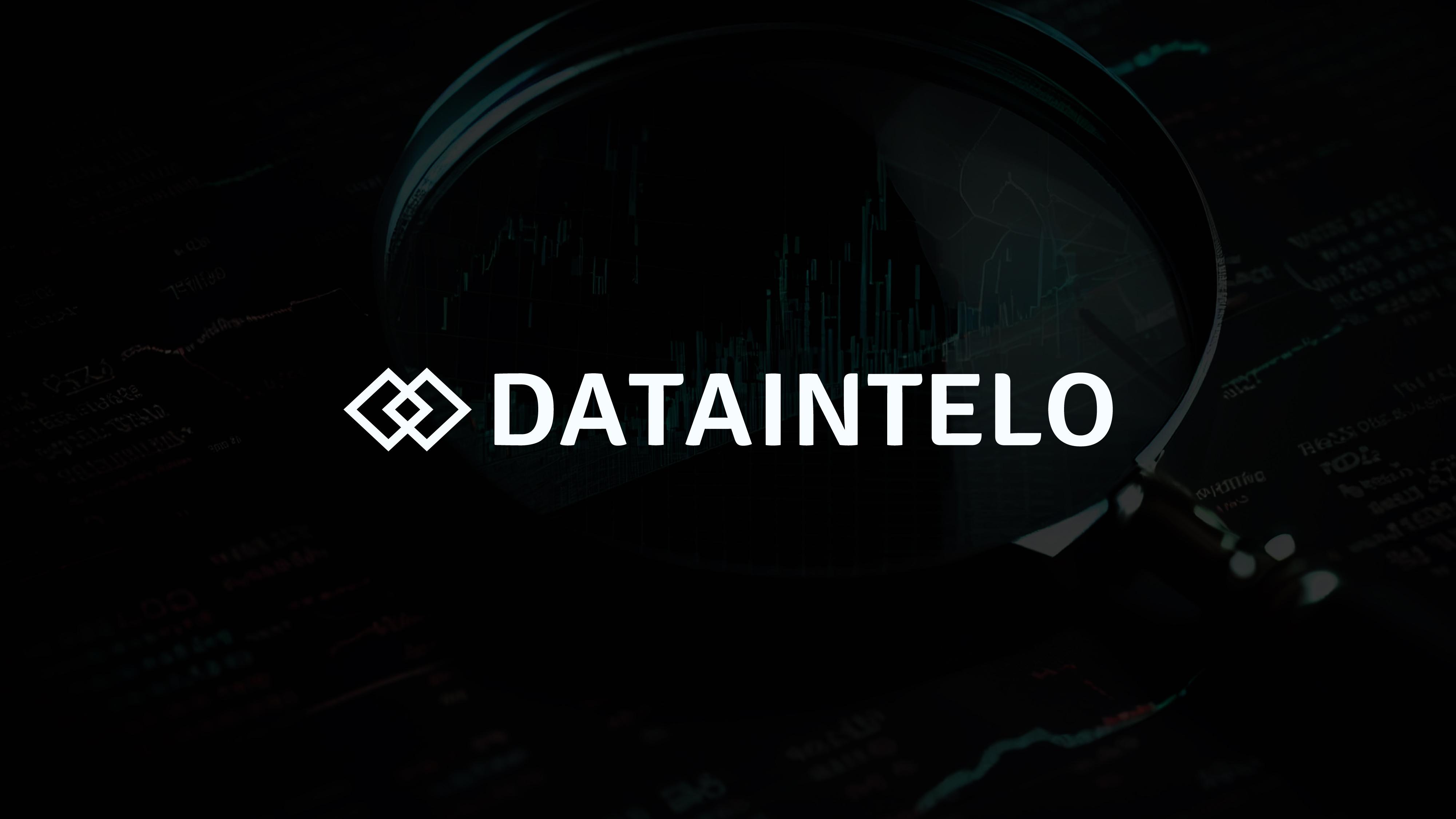Sustainable Fashion Takes Center Stage as Global Recycled Cotton Market Surges

The Recycled Cotton Market is witnessing robust growth as eco-conscious consumers and businesses demand more sustainable textile solutions. Recycled cotton, derived from post-industrial and post-consumer cotton waste, is rapidly becoming a preferred material across fashion, home furnishings, and industrial applications, driven by growing environmental concerns and a shift toward circular economy practices.
As global apparel consumption rises, so does textile waste. Recycled cotton offers a solution by reducing landfill use, conserving water, and lowering carbon emissions. These benefits make it a strategic material in the modern textile landscape, akin to how digital transformation reshapes sectors like the Study Abroad Agency Market, where innovation and sustainability define future success.
Key Drivers Fueling Market Momentum
Several factors are accelerating the adoption of recycled cotton across industries:
-
Sustainability Mandates: Governments and organizations are enacting stricter regulations promoting sustainable materials and reducing textile waste.
-
Consumer Awareness: Environmentally-conscious consumers are increasingly opting for eco-friendly garments made from recycled textiles.
-
Corporate ESG Goals: Brands are integrating recycled cotton into product lines to meet environmental, social, and governance benchmarks.
As a biodegradable and renewable alternative to synthetic fibers, recycled cotton fits seamlessly into ethical production models, giving manufacturers a competitive edge.
👉 Request a Sample Report: https://dataintelo.com/request-sample/445008
Restraints That Could Slow Market Growth
While the market outlook is promising, several challenges could hinder its trajectory:
-
Lower Fiber Quality: Compared to virgin cotton, recycled cotton may have shorter fibers, impacting fabric strength and softness.
-
Limited Collection Infrastructure: Inadequate systems for gathering and sorting cotton waste reduce recycling efficiency.
-
Cost Constraints: The production of recycled cotton can be more expensive than conventional cotton, especially in regions lacking advanced recycling technologies.
Industry stakeholders are investing in innovative technologies and partnerships to improve waste collection and fiber recovery efficiency.
Opportunities Shaping the Future of the Market
Emerging trends and untapped segments present significant opportunities for growth in the Recycled Cotton Market:
-
Blended Fabrics: Combining recycled cotton with other fibers enhances performance while maintaining sustainability.
-
Fashion and Lifestyle Brands: Growing demand for sustainable fashion is encouraging brands to launch collections based entirely on recycled cotton.
-
Tech-Enabled Recycling: Innovations in textile-to-textile recycling are improving the scalability and viability of recycled cotton production.
These opportunities are reshaping production models and enabling broader adoption across the value chain.
👉 View Full Report: https://dataintelo.com/report/global-recycled-cotton-market
Market Dynamics and Value Projections
According to Dataintelo’s latest research, the global Recycled Cotton Market was valued at approximately USD XX billion in 2024 and is expected to grow at a CAGR of XX% through 2032. The growth is largely influenced by:
-
Increased Textile Waste: Globally, over 90 million tons of textile waste are generated each year, pushing demand for circular solutions.
-
Eco-Labelling and Certification: Consumer trust is rising in products certified for recycled content, driving purchase intent.
-
Government Initiatives: Subsidies and incentives for green manufacturing are encouraging wider adoption of recycled materials.
The market’s positive trajectory reflects a global commitment to reducing environmental impact while supporting sustainable consumption.
Regional Insights and Competitive Trends
Regional performance varies, with developed and emerging markets contributing uniquely to the industry:
-
North America: Strong consumer preference for eco-friendly apparel and the presence of advanced recycling technologies.
-
Europe: Pioneering regulatory frameworks and sustainability-driven fashion houses are fueling demand.
-
Asia-Pacific: As a global textile manufacturing hub, the region is integrating recycled cotton into large-scale production models.
-
Latin America & MEA: These regions are gradually investing in recycling infrastructure and sustainable apparel exports.
Cross-regional collaboration, trade policies, and innovation ecosystems will be crucial in accelerating adoption rates globally.
👉 Enquire Before Buying: https://dataintelo.com/enquiry-before-buying/445008
Market Segmentation: Diverse Applications Across Sectors
The Recycled Cotton Market is segmented based on product type, application, and source:
-
By Type:
-
Post-industrial recycled cotton
-
Post-consumer recycled cotton
-
-
By Application:
-
Apparel (t-shirts, denim, casual wear)
-
Home textiles (bed linens, curtains)
-
Industrial products (insulation, automotive interiors)
-
-
By Source:
-
Factory scraps
-
Used garments
-
Retail and commercial textile waste
-
Each segment offers tailored opportunities for investment, innovation, and market entry based on demand dynamics and end-user needs.
Sustainability, Innovation, and Circular Economy Integration
Recycled cotton is more than a trend—it's a cornerstone of the global sustainability movement:
-
Environmental Impact: Using recycled cotton reduces water usage by over 70% and cuts CO₂ emissions by up to 50% compared to virgin cotton.
-
Waste Reduction: Textile waste diversion initiatives are giving second life to discarded garments and factory cuttings.
-
Smart Manufacturing: AI-driven waste sorting and precision blending are enhancing fiber quality and production efficiency.
Such innovations are critical to scaling recycled cotton solutions and embedding circularity across the textile industry.
Outlook and Strategic Forecasts
The Recycled Cotton Market is poised for sustained expansion in the coming years, supported by:
-
Strong consumer preferences for sustainable products
-
Policy-level incentives for green manufacturing
-
Retailers adopting recycled cotton as part of their sustainability roadmap
As more industries commit to reducing carbon footprints, recycled cotton will play an integral role in achieving global climate goals, much like the technological evolution observed in the Study Abroad Agency Market where personalization and eco-responsibility are becoming core values.
👉 Check Out the Report: https://dataintelo.com/checkout/445008







